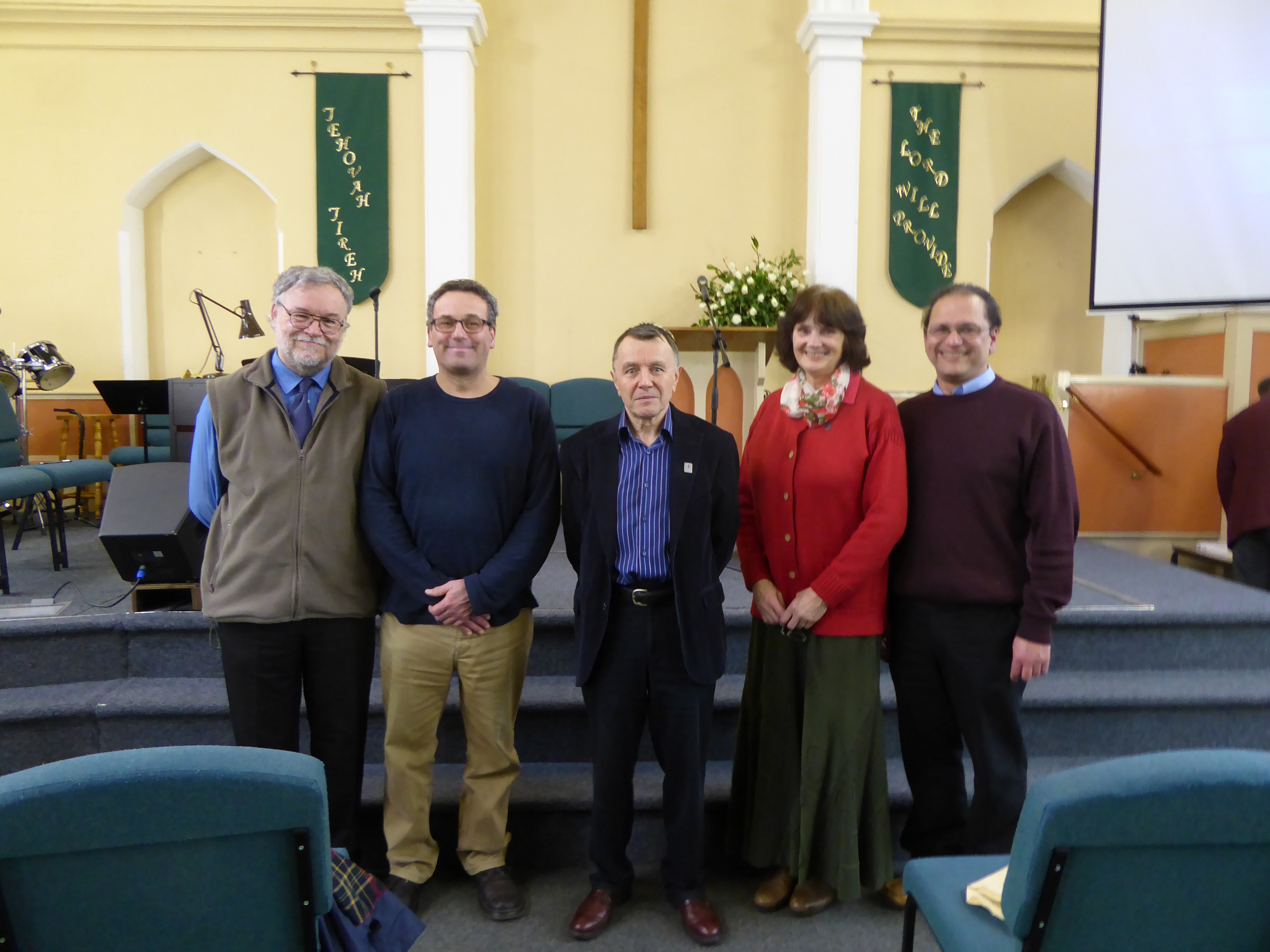Bagels and Batteries (not included)
Pat Lipert
The first film/nosh/cultural event of the season took place on Saturday, the 28th of January at Malpas Village Hall in Truro. If you weren’t there, you missed something very special.
About 17 KK members of all ages kibitzed together over coffee in the kitchen/dining room of this well-appointed venue where Adam and Melanie Feldman, who organised the event, handed out dough for making bagels. And what bagels! Most of us had never made a bagel before. Once enough bagels had been made to feed England, we went into the ‘movie house’ section of the hall to view Steven Speilberg’s ‘Batteries Not Included.” Just enough time for the bagel dough to rise and then be baked.
Heneini! We returned to the dining room and before us was a feast of freshly baked bagels, an avalanche of delicious fillings, salads and fruit. We ate with gusto!
Caption: Is that a bagel!-Exuberant young chefs obviously make fantastic bagels.
